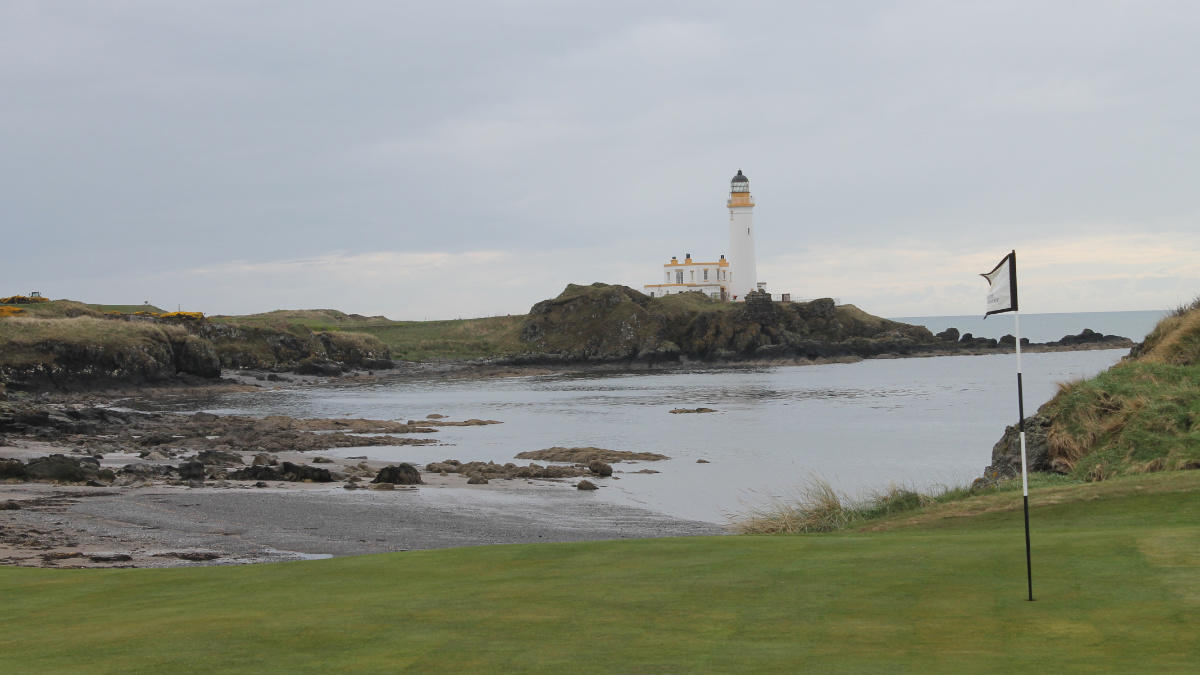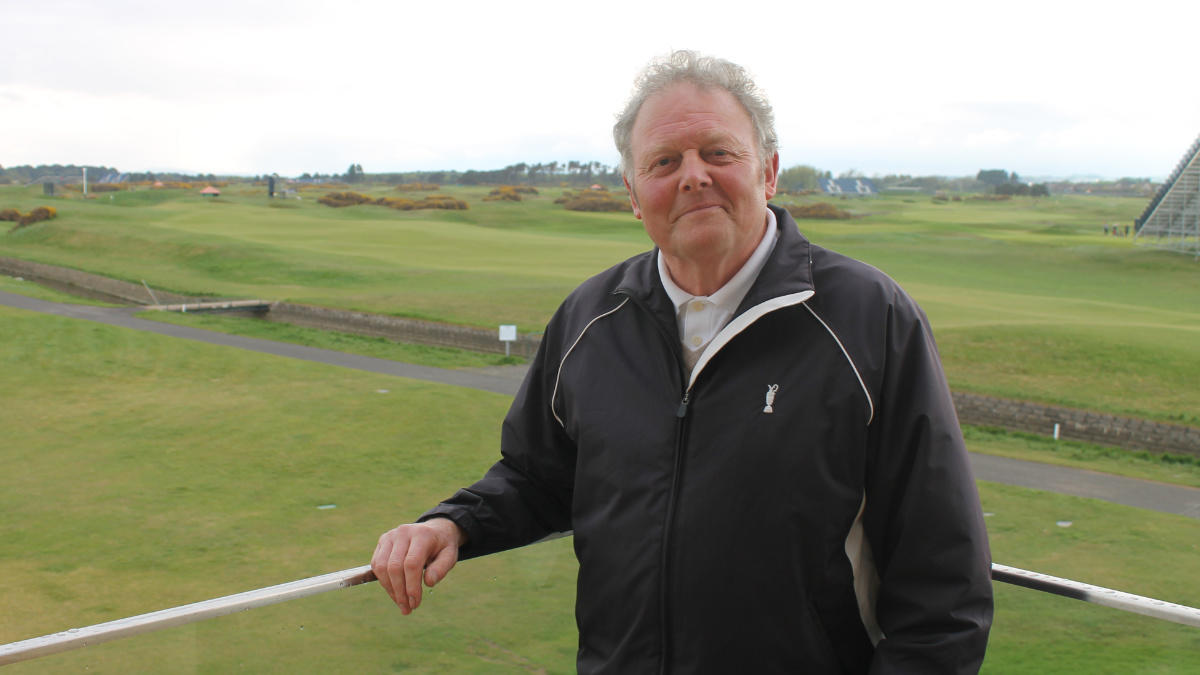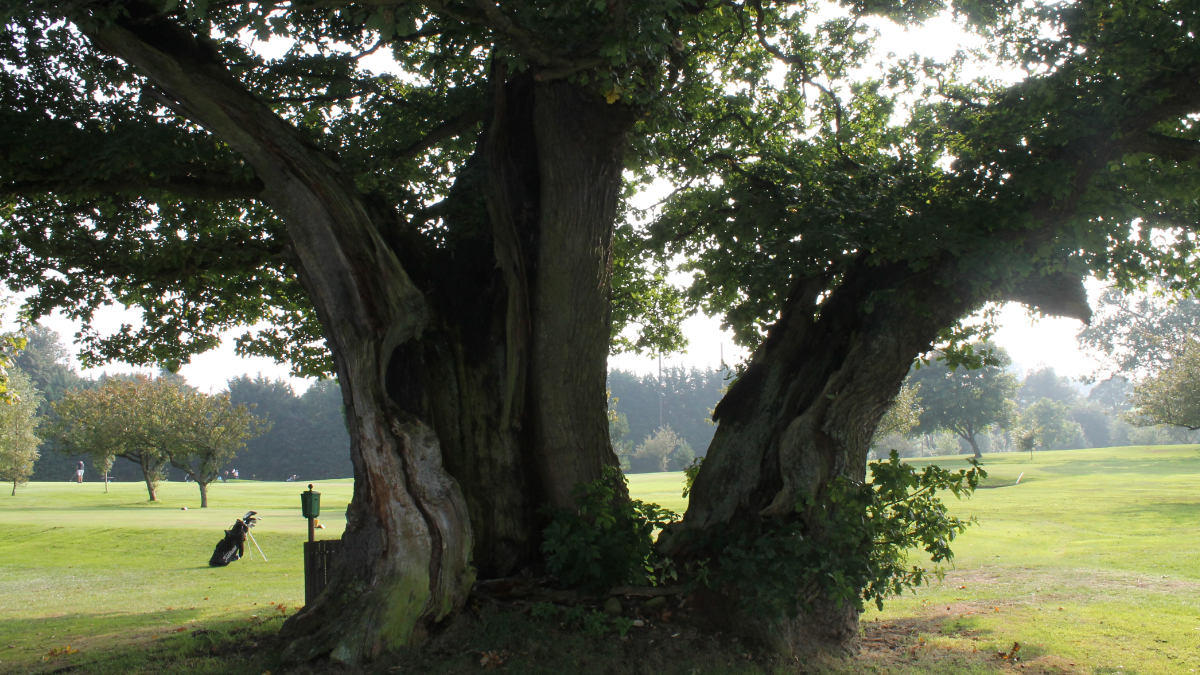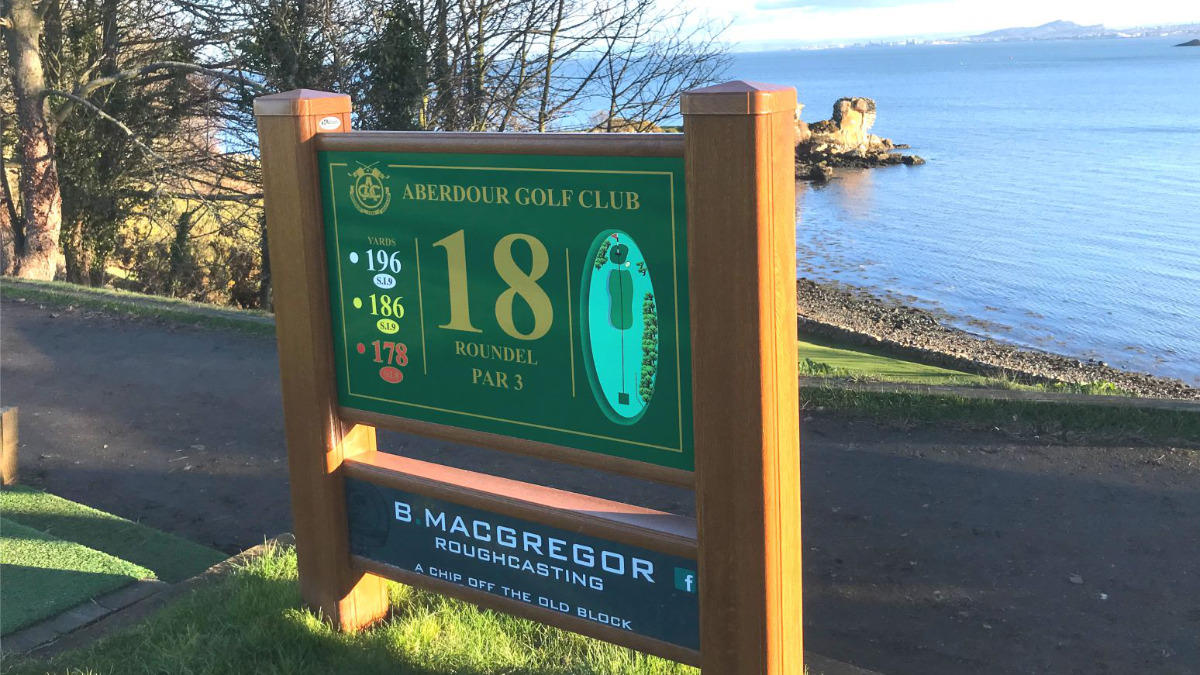- Homepage
- News and Features
- Does naming your golf holes mean people take better care of them?
Does naming your golf holes mean people take better care of them?

Human psychology is a complicated thing – often the behaviour we see is the opposite of what we would have expected.
How golfers treat their course (the most precious resource of any golf venue) is a classic example of this phenomenon, particularly at members’ clubs. You might expect the shared ownership and associated responsibility of being a member of a club to drive higher levels of care for the land that gives them so much pleasure. Although there are some who will always protect and nurture the fairways, we all know that this is not always the case.
Psychologists have long known of the “Tragedy of the commons”, when shared resources (particularly land) become depleted by individual self‑interest. Because groups have shared ownership, they feel they have less individual responsibility and therefore less of an impetus to contribute time, energy or money to protect them. Shared ownership means we can psychologically absolve ourselves of any sins towards the course as “someone else will take care of it”. This can infect even the most » motivated of members of any group to the point where no one tries to take care of the course anymore.
With the reduction in the use of pesticides to control worm casts and the change in weather patterns, it is now more important than ever to drive up shared responsibility and behaviour.
The good news is that there are some simple things that can be done to create psychological ownership of the course. Recent research has shown that anthropomorphism can drive the behaviour that you want to see in members and visitors.
Anthropomorphism is the humanising of objects, which breathes life into them in the eyes of the perceiver. Humans
have been doing this for aeons, with sailors referring to their ship as “she” rather than “it”.
In modern times Jeff Bezos has become a billionaire by utilising psychology at Amazon. If you watch Star Trek, the crew always asks “Computer?” The computer is perceived as a soulless “thing”. Jeff Bezos, on the other hand, was having none of that with his voice activated computer so he gave it a name, the more endearing Alexa. Humanising a box of microchips has been a phenomenal success – Alexa is now billed as “one of the family”.

Researchers have proven that the same thing happens with land. Give a section of land a name and users are much more emotionally attached to it. There are tangible improvements in protective behaviours – where the land was named, 41% attempted to pick up rubbish compared to just 7% of those in the control condition. What’s more, getting users involved in creating and choosing the names strengthens that bond enormously.
This was something that that our golfing forbears also understood – look at any old scorecard from Scotland where all the holes have an individual name. The auld Scots golfers of the past knew a thing or two about psychology long before it existed on any university curriculum.
Today lots of courses have no names for the holes – just numbers – making them as inanimate and soulless as the Star Trek computer. This is reinforced by club notices and communications that refer to the course as an “it”, something Jeff Bezos would never do.
This does create an opportunity and a chance to instil high psychological ownership. Why not have a hole naming event where all the members are involved? With the benefits of modern technology, you can operate a survey or a vote to cement their involvement and ownership of the outcomes. The course will start to live and become the members’ baby once more.
It is vital that the club maintains this approach through tangible tools that impact our most powerful sense, vision. On all cards the names of each hole must be prominent, so find a way to make it stand out on the card and materials such as course planners and the tee signs. Bring that hole back to life.

In a more time‑challenged society the need to offer shorter (9‑hole) options of the game has been a major thrust of golf bodies. Few courses take advantage of this source of revenue as the way their websites, course marketing and collateral has been designed does not create the concept of a unique, living and breathing 9‑hole course. To get more visitors (who often turn to members), you can help this traffic by naming each loop of nine as an individual layout, rather than just a bit part in the larger 18.
The wording on the welcome sign is also exceptionally important – this is known as psychological loading.
Most golf courses have a welcome sign that says
“WELCOME TO (INDIVIDUAL NAME HERE) GOLF CLUB”
The research clearly shows that removing the individual club name from that phrase and changing it to
“WELCOME TO YOUR GOLF CLUB”
has a huge impact on the emotional attachment that members have. There is a profound impact on the golfer’s brain and it fulfils a deep‑rooted psychological need that is in the DNA of everyone – that of being part of a group. Evolution has hardwired the need for humans to be part of a pack. We have the opportunity to utilise our 21st Century understanding of the brain to generate caring behaviours on the course, not just in the clubhouse.
Of course, these are challenging times and we are all dealing with limited budgets and conflicting demands. It is worth sharing with your general manager the fact that this approach also significantly increases the aspirations of visitors to become more closely associated with the venue or club (either as repeat visitors or members). The science has shown that it increases the amount they are willing to pay to participate as visitors to that resource. The option to increase revenue from societies and visitor green fees, both by increased demand and the ability to increase the fees, is something that should be very attractive to all golf venues as we move through the pandemic.
But don’t take my word for it… ask Alexa!
Continue the conversation:
You can contact Stephen Smith by emailing [email protected]
Where to look next...
Halian Sign Post System | No rust, no rot, low maintenance sign system.

Halian Sign Post System is a uPVC, no rust, no rot, low maintenance sign system.
Great for golf clubs, the Halian Post systems are able to withstand the harshest of weather and the most rugged of environments without tarnishing or losing their shape. The easy‑to‑use MowOver system enables greenkeepers to lift the sign, mow the turf and replace the sign, with very little effort. Every sign our team creates is made according to the client’s exact specifications, right down to the design, the size and even the most intricate of colours.
We work alongside a recognised finance company to enable you to spread the cost of your signage to fit your budget. Our system offers complete peace of mind with regards to aesthetics, ease of use and maintenance. The Halian Post Sign System surpasses all expectations!
Visit our website, www.halianpostsystem.com, for more information or contact us on 01383 514 883 or via email on [email protected] to find out how we can assist with your course signage.
This article was first featured in the April 2021 edition of Greenkeeper International available for BIGGA members to read online here.
Author

Stephen Smith
Stephen Smith is the chief neuroscientist for Sport Psychology Limited, which was formed as the Aspire partnership in 1990 and became SPL in 2000. Its psychologists are founders of the Sport Psychology Professional Body in the UK and have worked with a number of elite athletes and teams, including one golf Major winner. SPL specialises in the neuroscience of sports participation venue and equipment design. Stephen is the external relationship lead to the sports industry for the Division of Sport and Exercise of the British Psychological Society.
